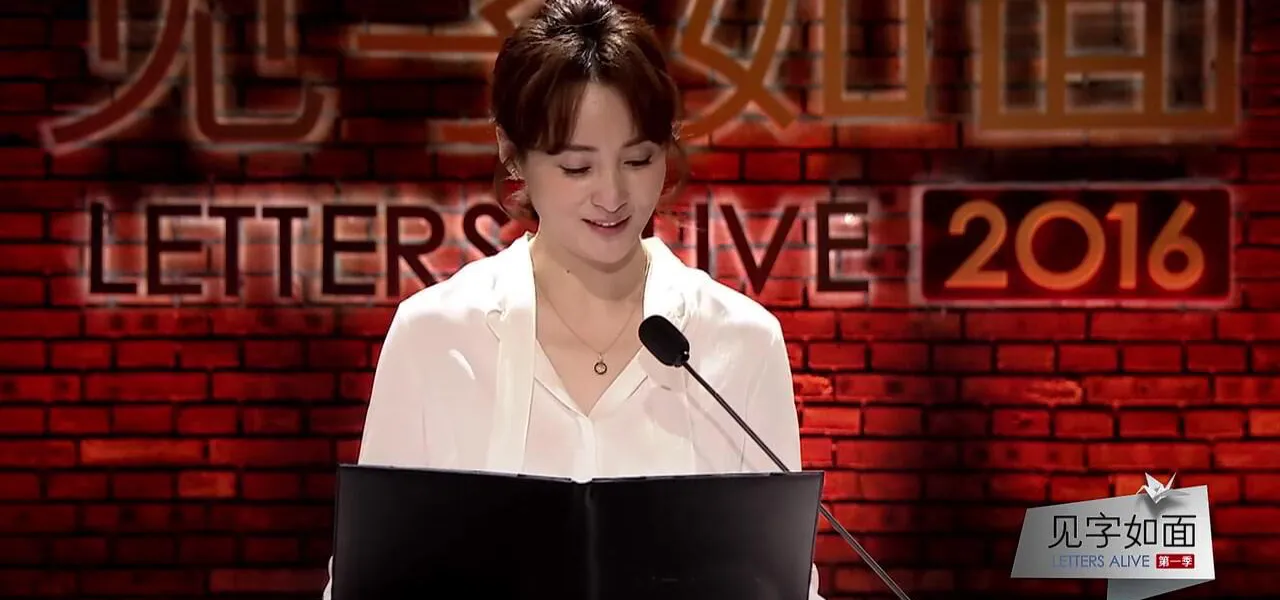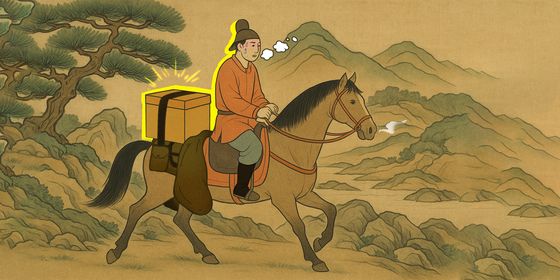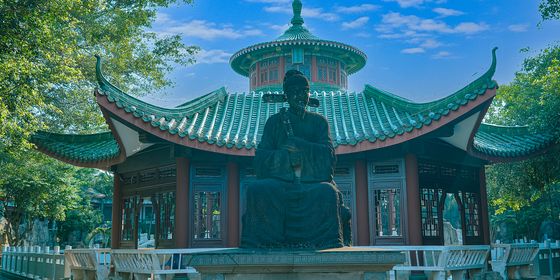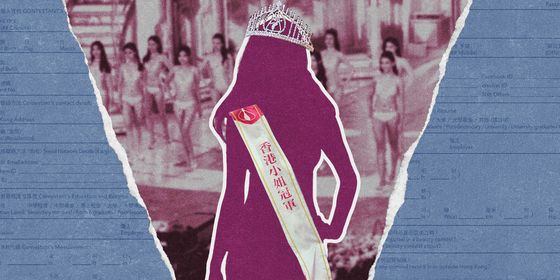Variety show where actors read letters from historical figures gives new meaning to “celebrity gossip”
What makes a TV show popular? The answer is probably an all-star cast, eye-catching program design, advanced techniques or endless media hype. But if you are tired of those superficial variety shows full of insane games, boring talks, and poor acting, it’s time to flee to Letters Alive, a new cultural TV show based on the British show Letters Live.
The Chinese name of the show is “见字如面,” literally meaning “To read writing is just like meeting face-to-face,” a literary expression that people sometimes used as the opening lines to their letters in the past. China had a long history of writing letters, but in the age of electronic communication, we can all be forgiven if we forgot they ever existed. This TV show, however, invites veteran actors and actresses to read letters written by famous people from different periods of Chinese history on air, in attempt to bring their stories to life.
Sounds mind-numbingly dry? Well, the ratings disagree: Ever since the show’s debut in December, Letters Alive has been highly popular among netizens. On Douban.com, the show currently has a score of 9 out of 10, a rating almost impossible to achieve on any TV and movie review site.
The secret to the show’s success is the letters they choose, written by people from all walks of society and covering many aspects of life. Letters about love are always a sure bet, as it’s obvious that audiences are sold on salacious gossip and affairs not only of modern celebrities but their beloved historical exemplars as well. In one episode, actress Jiang Qinqin read a farewell letter from renowned female architect Lin Huiyin to her suitor Xu Zhimo, a famous poet. Sounds pretty sappy—except that after Lin expresses her deep feelings to Xu, she actually concludes they can’t together because she didn’t want to hurt Xu’s wife.
Another letter about love is from Tsai Chin, a famous singer from Taiwan. Tsai wrote this letter in memory of her her late ex-husband Edward Yang, a well-known filmmaker, with whom she had a 10-year sexless marriage. The letter, read by actress Kuei Ya-lei, revealed many unknown details about the love story between Tsai and her husband and impressed the audience with the emotional complexitiy of their relationship.
Friendship is another regular theme of the letters. Actors Zhang Guoli and David Wang read letters between great playwright Cao Yu and famous painter Huang Yongyu. As a true friend, Huang wrote a letter to Cao with frank critiques about Cao’s writing, even straightforwardly saying, “I don’t like your works after 1949—any of them!” Cao, humbly accepted Huang’s remarks and wrote back, “Your long letter has been finely collected in my album so that I can read it at any time. When I feel tired or lose confidence occasionally, I will see those fierce lines in your letter, which will urge me to hold my pen and write on.”
Letters from ancient times are also involved. Actor Lin Gengxin read a letter written by soldiers of the Qin state in 233 BCE during the Warring State Period. The letter was written on wooden tablets and considered as the first “家书 (letter to home)” in Chinese history. Jiang Qinqin also read a letter written by the last empress in the Qing Dynasty to a concubine of her husband, Emperor Puyi. In the letter, the young empress used some English words like “I,” “you,” and “and,” which broke down some stereotype about imperial family.
Sure, we all like nosing into private correspondence, and Letters Alive can be a guilt-free to eavesdrop on historical figures who are already in the public domain. It can also, however, humanize people from history textbooks and pedantic fables with personal stories and stirring performances. Viewer have described the show with the internet slang 一股清流 (a fresh clear brook), commenting online that they find it a simple, peaceful, and traditional contrast to the “noisy” and “vulgar” programs and the declining cultural value of TV. The show airs on Heilongjiang Satellite TV on Saturdays and also presented on v.qq.com—give it a go if you want an alternative experience of history, or just get some inside info on famous folks the old-fashioned way.
Cover image is a screenshot taken from Tencent video












